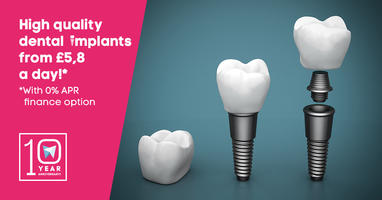Even the toughest individuals will tell you, toothache is one of the worst kinds of pain you will ever experience. It is unrelenting, frequently does not respond to medication, and is constant but can still be sharper at given intervals. It is excruciating in the truest sense of the word. In this article we wish to speak a little about toothache, why it is so bad, and what to do to alleviate it.

Pain
Pain is a very specific sort of neurological signal, it is translated from the brain through the nerves to the body, and is a signal that something is wrong and that the normal workings of the body are impeded. What body part is affected, what psychological state you are in, what organs are damaged are all factors in how intense the pain is and how your body will reply to it.
Toothache is particularly bad because it involves an area with a very active network of nerves, the mouth, and the dental nerve is particularly sensitive, as it translates tastes and smells, abilities that can save your life or take it, so a sensitive nerve is a must. The psychological effects are also quite strong in this part, because the mouth is so very crucial to the way we perceive ourselves, so we feel the pain to be particularly bad. So the pain is partially psychosomatic, and partially due to the sensitivity of the dental nerve.
How to alleviate pain
The first thing to do is to rinse the area, as the bacteria that caused the cavity and the destruction in your tooth are still there, producing acid and inflaming the nerves. By rinsing the area with warm, slightly salty water, you may feel some alleviation. It will only be temporary, though; the damage caused by the bacteria has already exposed the otherwise insulated nerve, and it will continue to send pain signals until it is covered up. Try covering the area and see if it feels better. Take ibuprofen or other pain killers, they may also dull the feeling. The only way the pain will surely stop is if you go to the dentist though, and get the tooth filled, root canaled, or if it is in very bad condition, possibly extracted as well. If the infection is very severe and affects the gums, you may need to take antibiotics for a while. The dentist will prescribe stronger painkillers until then.

